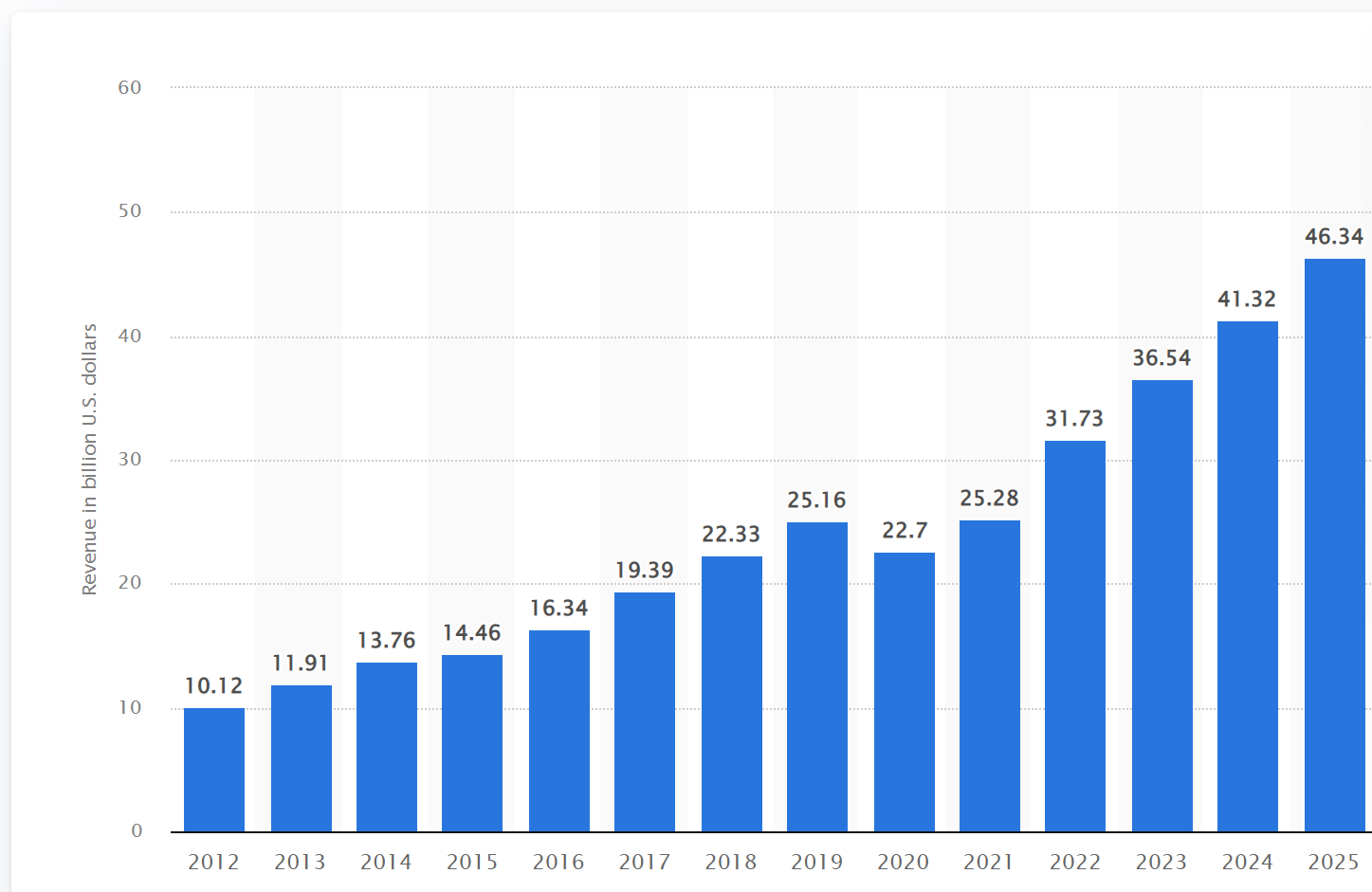What do we mean by corporate drinking culture? We mean the reliance on alcohol at work events and the pressure felt by employees to partake. We must talk about this because an accountant who suffered brain damage while playing pub golf is suing PwC.
Michael Brockie ended up in a coma in 2019 after blacking out during the event. He would later have half of his skull removed due to persistent cognitive issues. While the pub crawl was not officially organised by PwC, a manager in Reading arranged it for his team. It is alleged that Mr Brockie quickly felt pressured to participate in a toxic drinking culture which fosters competition among young male workers.
In professional services and the financial sector there has long been a heavy drinking culture. Much of the socialising that you do at work events is led by alcohol. This isn’t inherently a bad thing, but when people feel that they can’t say no through fear of being judged, it can damage their mental health.
Think about how in popular films like The Wolf of Wall Street, success in business is completely interlinked with the consumption of drugs and alcohol. This of course is hyperbole, but they’re making a point this this toxic culture exists.
Don’t get me wrong, the winds of change are definitely blowing. Just look at the global revenues generated by non-alcoholic beer between 2012 and 2022 and the projected revenues for the next few years:

Clearly, there is a demand for alternatives and businesses should be jumping on this trend at social events.
But we have the choice, right? We can participate in heavy drinking if we want and ignore it if we want.
Brockie and his lawyer don’t think so. Brockie is suing PwC for damages in excess of £200,000, after he was left with memory loss, depression and anxiety. The auditor‘s lawyers argued that PwC should be found culpable for the negligence of Simon Fradgley, the manager in the Reading office audit department, who organized the event. Fradgley is accused of “failing to take reasonable care for the safety of co-workers and pressuring people to attend the event, which required staff to visit nine bars and pubs in the town.
It was found that there was an increase in pressure on employees to participate in these outings where there was heavy drinking involved, despite knowing that some employees would be unable to cope with this level of alcohol consumption due to their age or medical conditions.
“What we’re talking about here is a toxic drinking culture,” says Brokie’s lawyer. “The upper-level people are drinking a lot and putting pressure on the younger workers to keep up.
“There is a code of silence in the office that everyone has to drink at these events. If you don’t, then they will single you out and ostracize you,” he adds.
Brockie’s lawyer described him as “a man who was just trying to fit in” at the company, but said that this left him vulnerable to abuse by his colleagues.
An uncomfortable drinking culture was also exposed at WeWork in 2019. On the first day of the week, employees participate in an after-hours team-building exercise that runs late into the night. WeWork CEO, Adam Neumann, would have staff members walk around handing out shots of tequila. A former employee told The Observer that even during her job interview with Neumann, he offered her tequila.
Once more, it’s not necessarily a bad thing to be offering tequila to staff members at a social event, but what does this say to people about what ‘fun’ means to the company? Offering someone tequila during a job interview also suggests that alcohol will be important if you want to get along with the higher ups.
How do people who don’t drink feel about this one-sided behaviour?
Muslim blogger, Amal Ahmad, claims that she felt incredibly uncomfortable at a Christmas party because it revolved around cocktail making.
When there is no alternative for people who don’t want to drink, they are forced to comply or be ostracised. This is what we mean by toxic corporate drinking culture.
People should not be forced to participate in nights that are all about drinking if they don’t want to. Companies should either provide alternatives so that non-drinkers can participate and stop pushing them to the side-lines socially.
If people want to, then of course they should participate. People should have the option and it shouldn’t influence how well they are liked, their career prospects or the projects that they’re put on.
With self-employment, you don’t have this pressure. Sure, it can be an isolating experience, but so can a corporate drinking culture when you’re not a big drinker. We encourage all of our accountants to join networking groups locally to try to beat the isolation. This has certainly worked for some of our accountants who are very active in their business communities.
To find out how you can become a self-employed accountant in practice, please check out this website page!